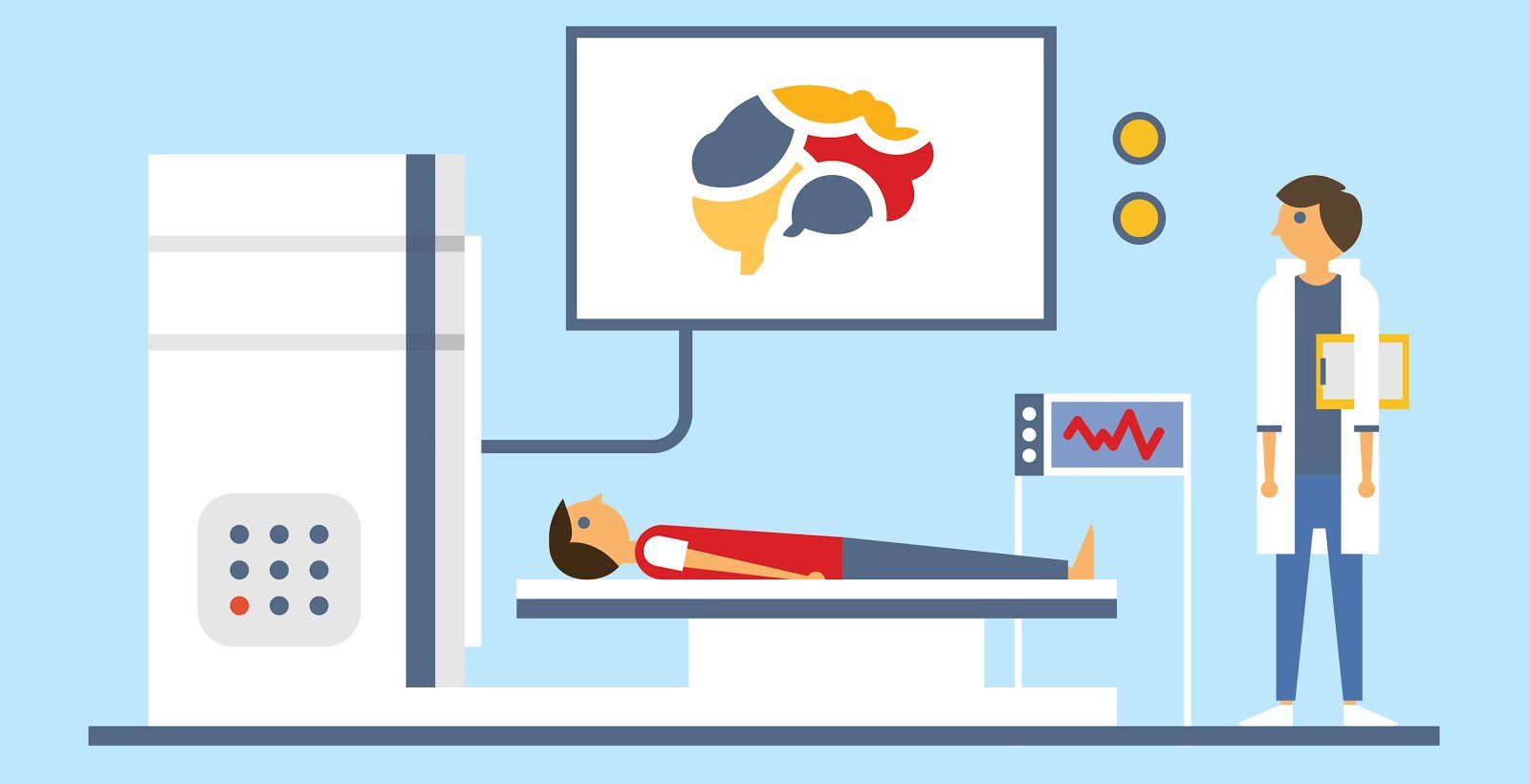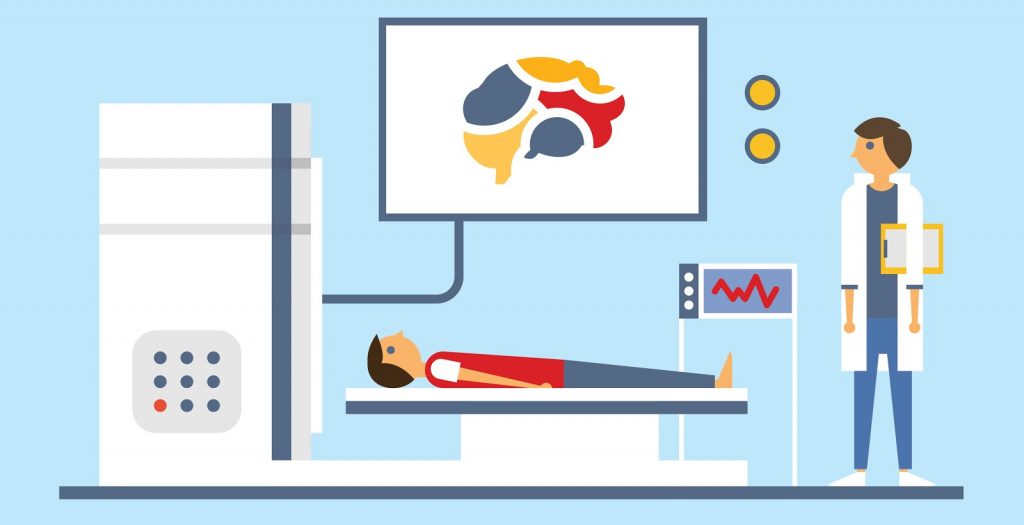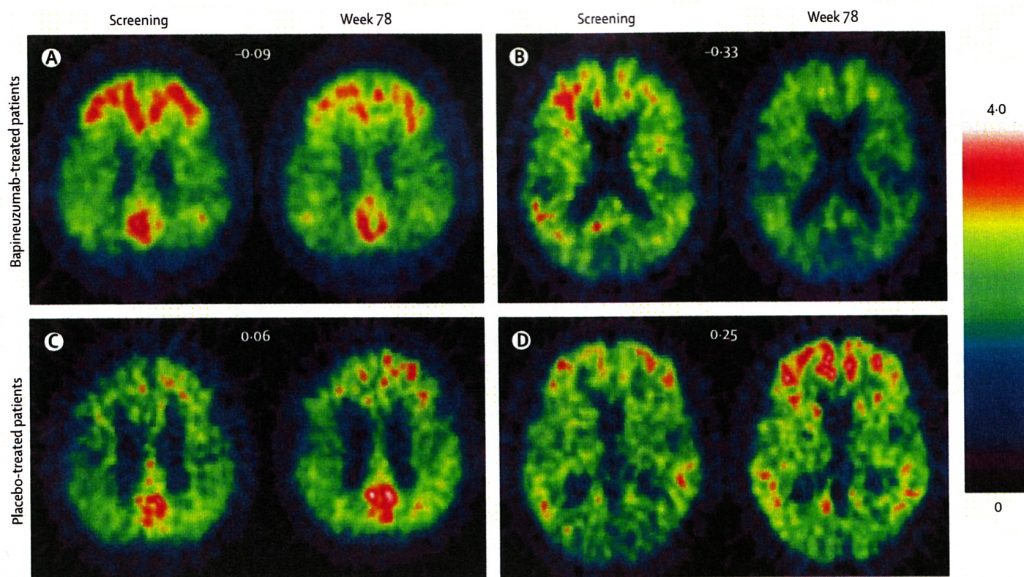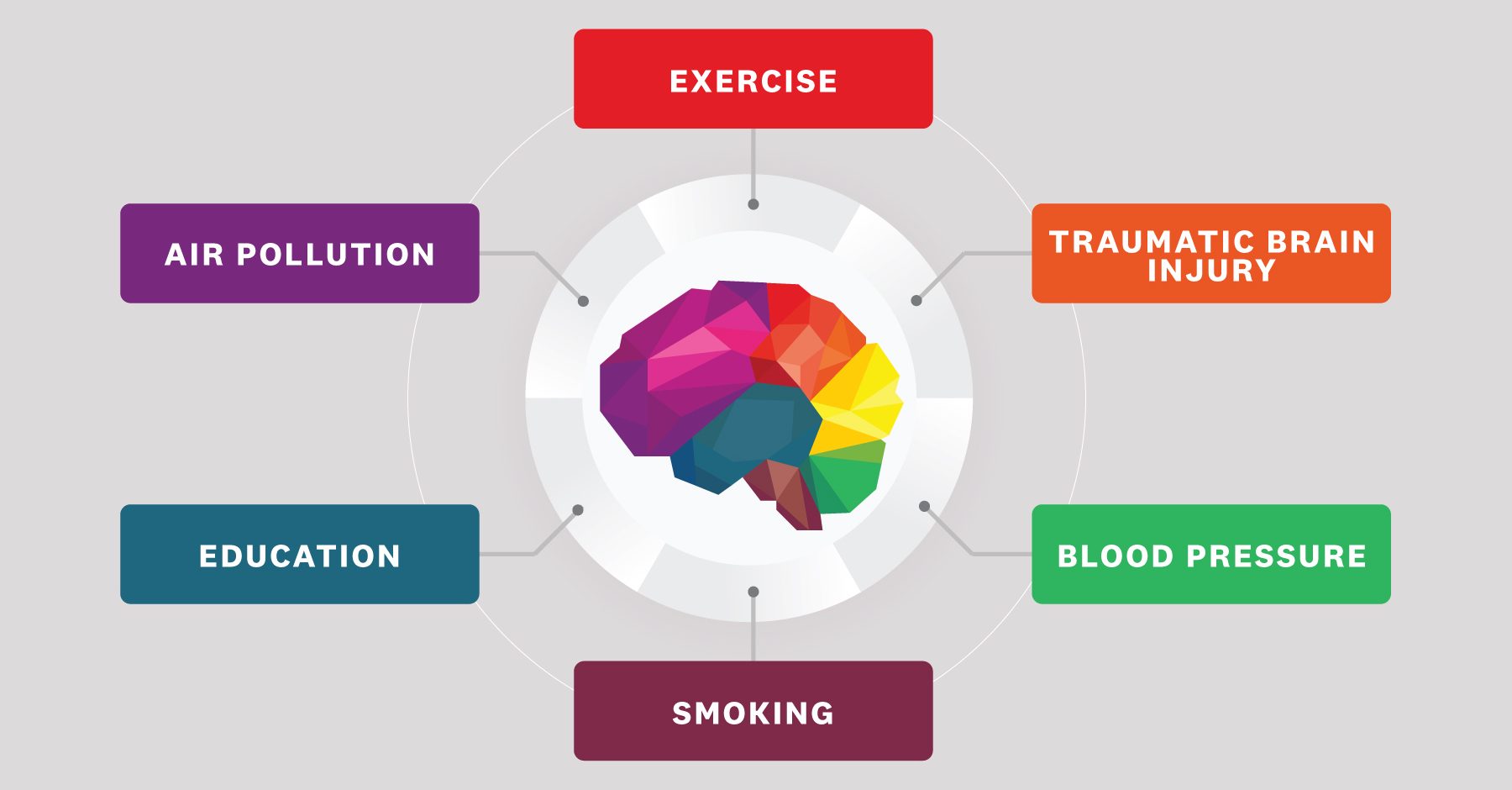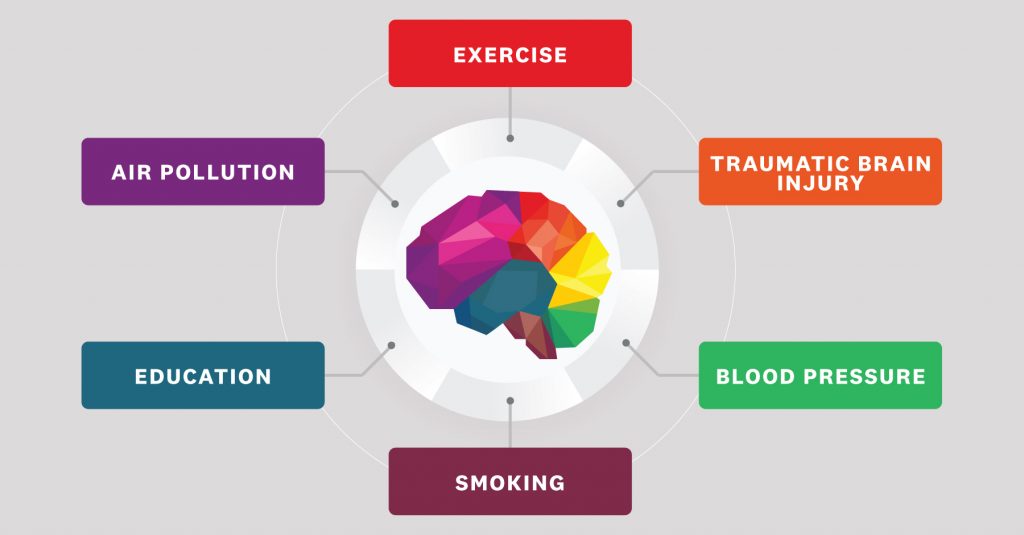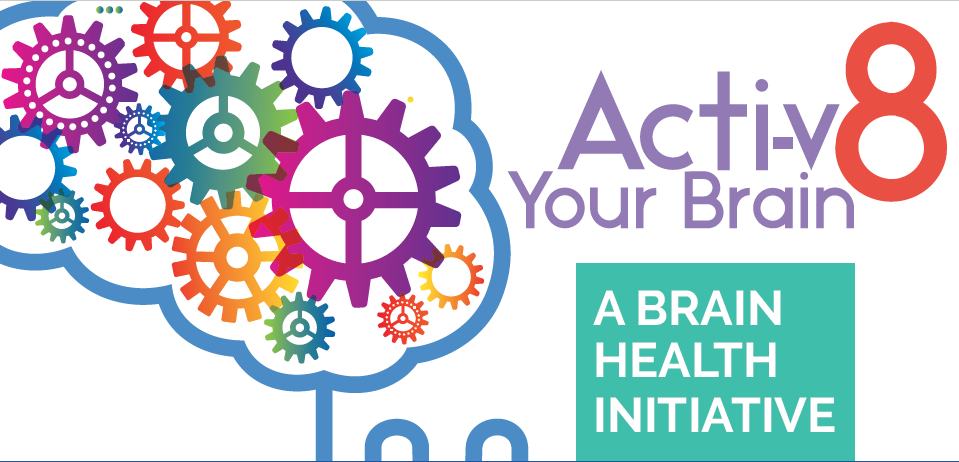
Acti-v8 Your Brain is a program that is designed to help individuals sustain a healthy brain! All of the information that each of the 8 pillars in the program provide is scientifically validated and geared towards ultimate brain wellness!
The 8 Pillars are as follows:
1) Eat Well – Maintain a healthy diet with plenty of fruits, vegetables, whole grains, and protein. Refer to last week’s blog post to see a chart of foods high in L-serine. These foods may boost your brain health as well.
2) Stay Active – Participate in regular physical activity. This will help clear the mind and make your body feel better. People who are regularly physically active typically feel better, sleep better, and have more energy.
3) Sleep Well – Sleep is a important for your body to heal and the mind to recharge for the next day. Make sure to get a good night’s rest because it can affect your memory and ability to pay attention. On our resources page of the Center for Cognitive Health website, you can find a link to Tuck Sleep. Their website has resources and information about sleep hygiene for seniors.
4) Exercise Your Brain – Remember to challenge your mind and engage in mentally stimulating activities. this can include reading, word games, puzzles, hobbies, playing music, learning something new etc.
5) Connect With Friends And Family – Don’t forget to maintain a social life. Studies have shown that increased social activity is linked to a lower rate of cognitive decline. Plan time to spend with others or attend events that spark your interest and allow you to connect with others!
6) Relax And Reduce Stress – Stress can be damaging to the brain and contribute to memory and thinking problems. Try activities such as deep breathing, yoga, art, music, mindfulness or meditation to help manage symptoms of stress and boost your health.
7) Control Risk Factors – Other medical conditions can put you at risk such as obesity, diabetes, depression and hypertension. Make sure to manage symptoms of any medical conditions you are experiencing as they may contribute to a decline in your cognition.
8) Get Involved In Research – Since no cure exists for Alzheimer’s disease, it is important to know of research opportunities that are actively recruiting participants. Clinical research can offer patients who are diagnosed with Alzheimer’s a proactive approach to sustaining brain functioning and warding off Alzheimer’s disease symptoms. Clinical research studies provide in-depth examinations of the patient’s symptoms and access to experimental treatments that will help us find a cure. Because of the hesitancy around participating in clinical research, ninety percent of Alzheimer’s clinical trials in the United States are delayed because they experience trouble finding clinical trial participants.
Find a research study that is a good fit for you and help us better understand how this disease can be treated. Clinical trial research opportunities at the Center for Cognitive Health can be found on our website here. Keep checking back as new studies may be added from time to time. You can also call us regarding research opportunities or for more information at 503-548-0908.
The 8 pillars identified above are areas of lifestyle that should be well maintained in order to help reduce your risk of cognitive decline as you age. It is recommended to use a combination of all 8 pillars to maximize the potential benefits of the Acti-v8 Your Brain Initiative.
More information can be found about Acti-v8 Your Brain here via memorystrings.org. Articles related to Acti-v8 Your Brain can be found here.
Another article worth reading about Pillar #8 can be found here.



